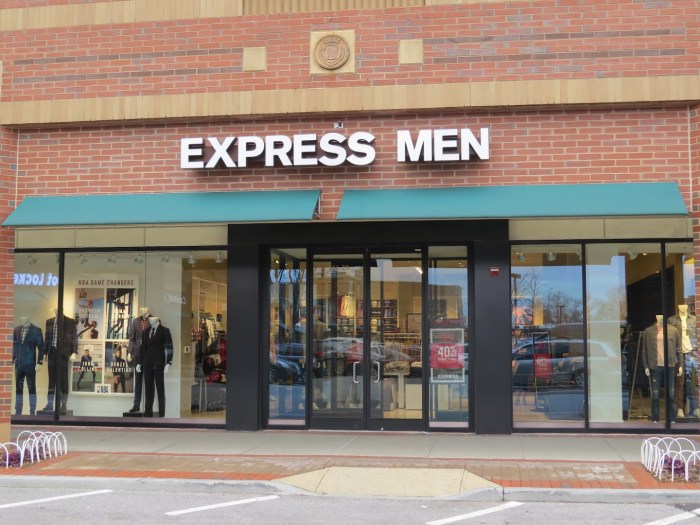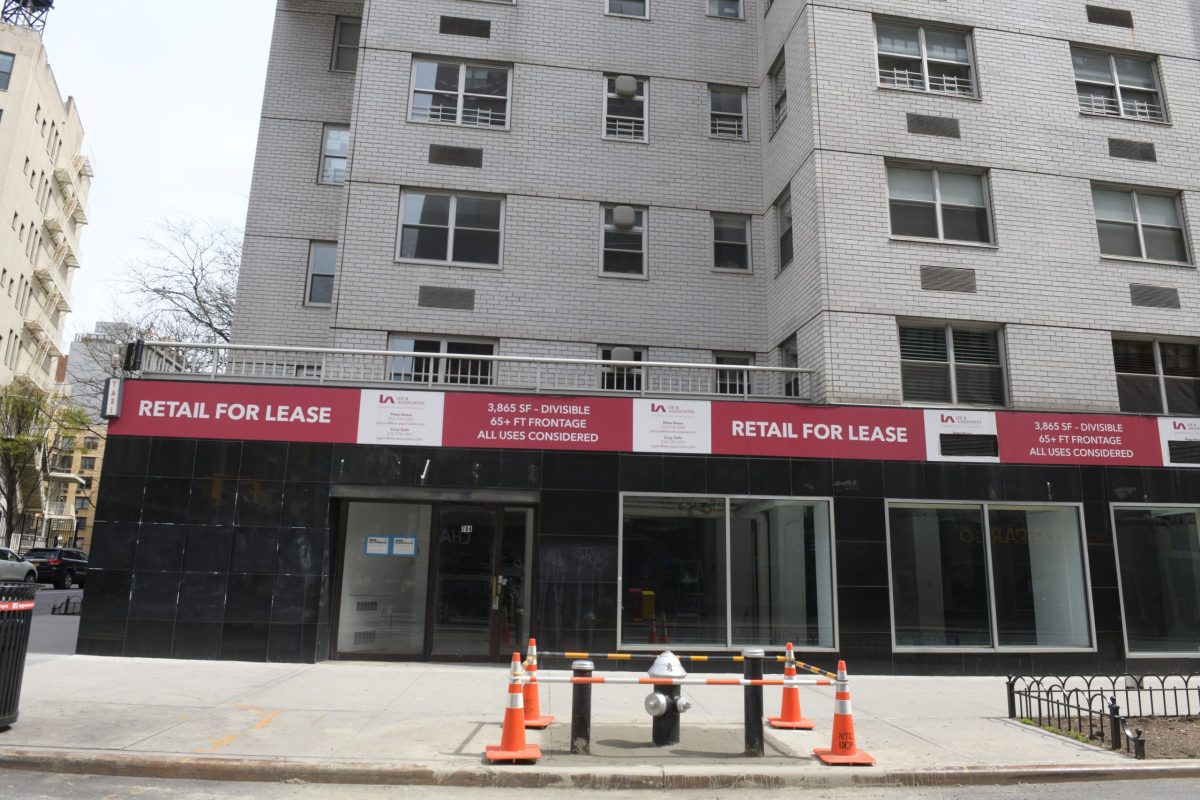Every day tons of food are wasted in the city. Fortunately, there is an organization that wants to do something about that.
Since 1982, City Harvest has been collecting food from restaurants, supermarkets, food manufacturers, company cafeterias, hospitals, greenmarkets and farms and redistributing it to community programs citywide.
The food is edible, but not salable. Until recently, City Harvest has been operating out of a Brooklyn warehouse. It is now housed in a new 45,400-square-foot facility in Long Island City. Work on the building is not complete, but it is already sending out 83,000 pounds of food a week.
That is a remarkable achievement and we are proud City Harvest now calls Queens home. The organization said its generosity is made possible by 2,000 donors.
But it is equally noteworthy that in the 21st century there are families going hungry. David Levy, a City Harvest vice president, said that in the last four years the demand for food has increased by 35 percent among children and risen by 25 percent for seniors.
City Harvest distributes 30 million pounds of food a year and plans to double its output to 60 million pounds.
We wish it success and hope other businesses will want to work with it.
More Harm Than Good
State lawmakers are considering a bill that would require new registered nurses to earn a bachelor’s degree within 10 years if they want to keep working in New York.
We would be all for it if we did not think RNs in city hospitals, including those with a two-year degree, are already doing outstanding jobs.
Of course RNs should be encouraged to go on to get a bachelor’s. The experience they get while working on a hospital floor should help them earn that degree faster.
But passing a law that would require a four-year degree could discourage people from becoming RNs. Federal projections forecast a shortfall of 54,000 RN jobs in New York by 2020.
If there is evidence that RNs are not well-trained and providing excellent care, we would like to see it. Meanwhile, if federal projections are correct, this legislation could aggravate the nursing shortage.
In that case, it will do more harm than good.

































